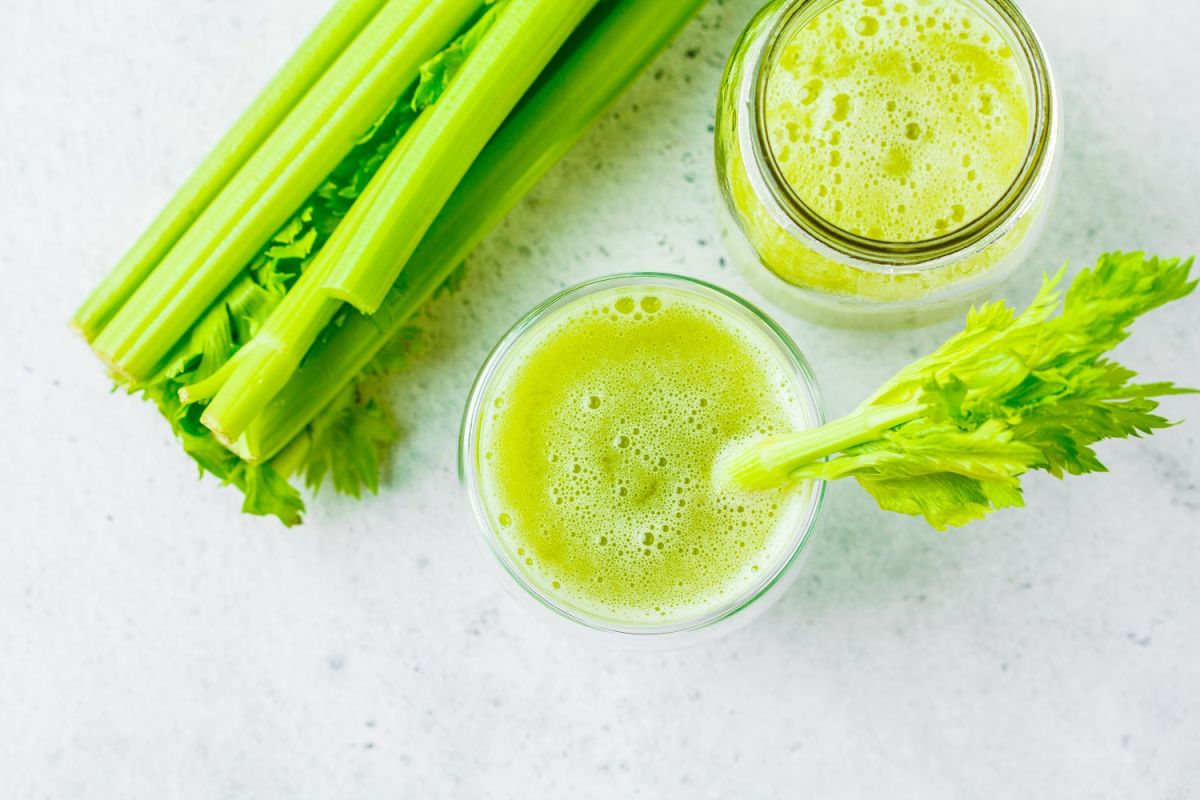Celery juice provides several nutrients and plant compounds that act as antioxidants and can reduce inflammation. It is a healthier option than sugary drinks like sodas, however, it can also have some downsides in certain people, especially if multiple servings are consumed.
Side effects of drinking celery juice
1. Upset stomach
Celery juice may cause stomach upset in some people, especially those with irritable bowel syndrome and sensitive digestive systems.
Celery has a high content of fermentable starches, also known as FODMAPs. These can cause bloating and discomfort when digested.
two. May interact with some medications
Celery juice has a higher concentration of nutrients per serving than celery stalks. This drink is high in vitamin K, which is important for blood coagulation.
People who take certain medications take certain medications should carefully monitor their intake of vitamin K. Vitamin K could have a serious interaction with warfarin which is a blood thinner. Those who take warfarin should make sure that the vitamin K they consume through food and supplements is the same every day.
“A sudden change in the amount of vitamin K ingested could cause dangerous bleeding (if you consume less) or blood clots (if you consume more)”, share the NIH.
3. It can increase hunger
Strained celery juice lacks fiber, so it is not very satiating and if consumed to replace foods rich in fiber, it can contribute to hunger.
To obtain the greatest amount of benefits from juice, it may be convenient to conserve fiber, since this not only makes a more satiating drink, it also promotes digestive health.
4 . May contribute to increased blood pressure
High sodium intake may contribute to increased blood pressure levels. Celery juice is relatively high in sodium, one cup (240 ml) of celery juice can contain about 000 mg sodium. Drinking one or two glasses of juice a day can make a significant contribution to your total sodium intake.
The World Health Organization recommends that adults consume less than 2 g of sodium per day, equivalent to 5 g of salt per day. The American Heart Association indicates that cutting 1,000 milligrams per day can significantly improve blood pressure and heart health.
You may be interested in:
–Moisturizing celery lemonade and beneficial for intestinal health
–Green tea is one of the healthiest beverages in the world: why
–How coffee promotes a longer life
